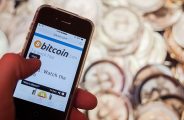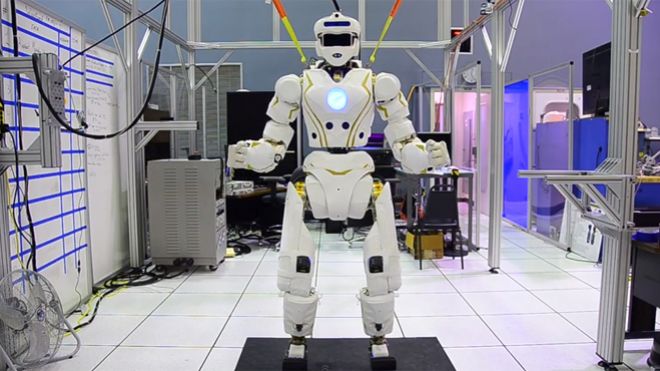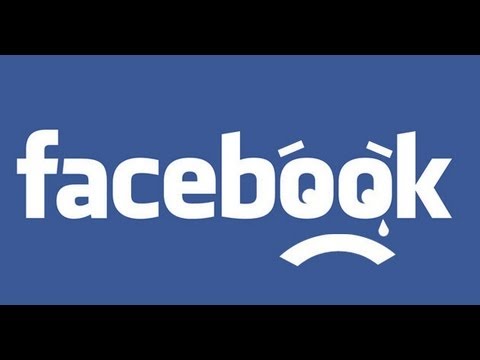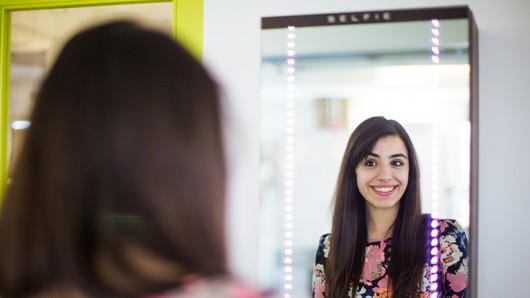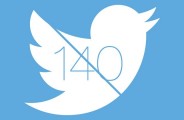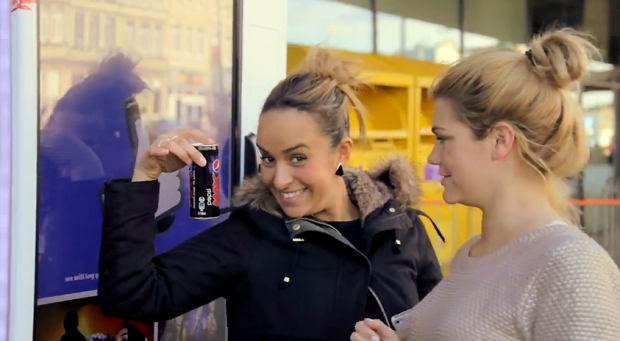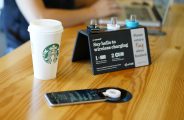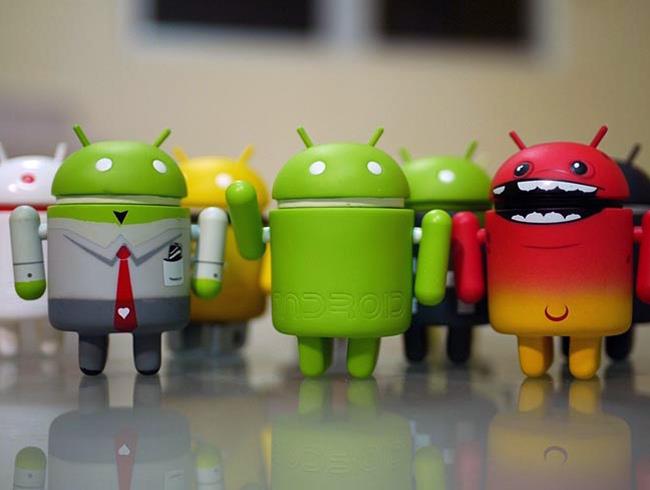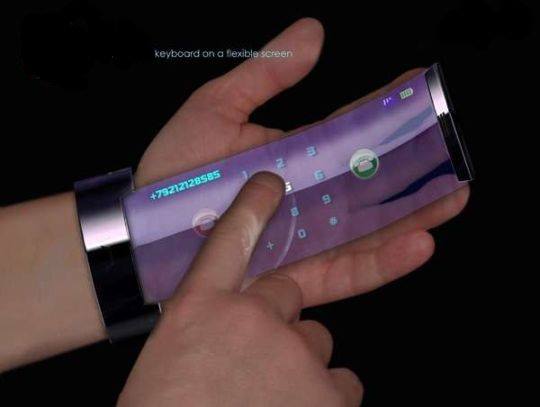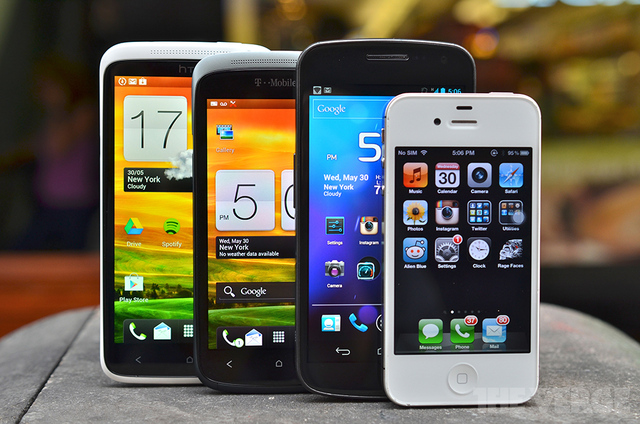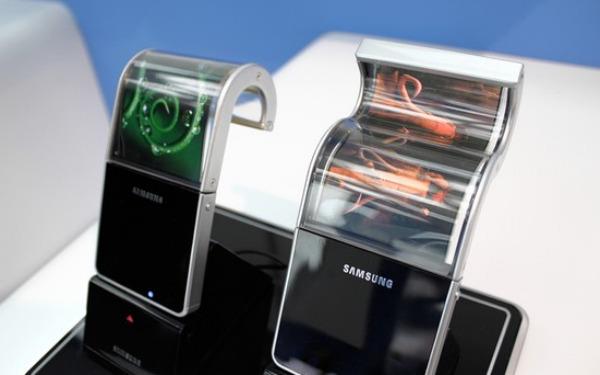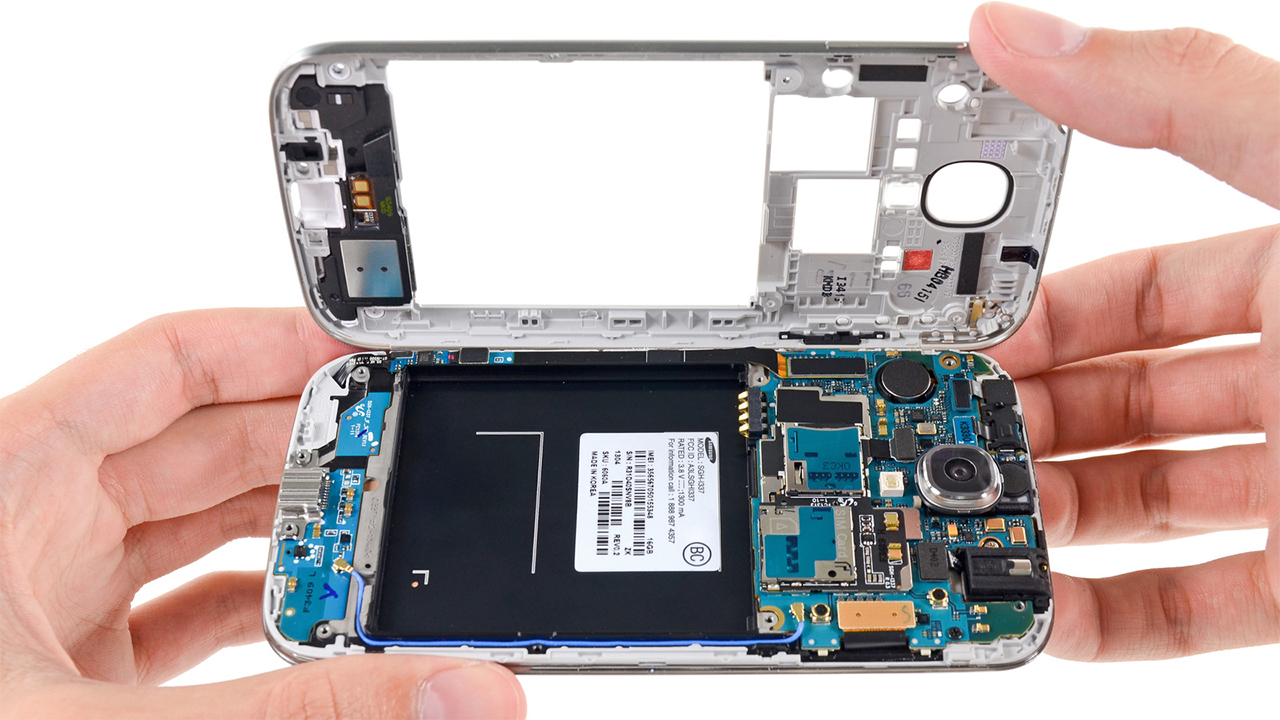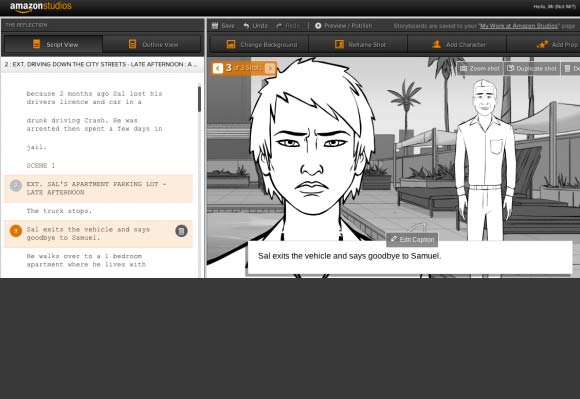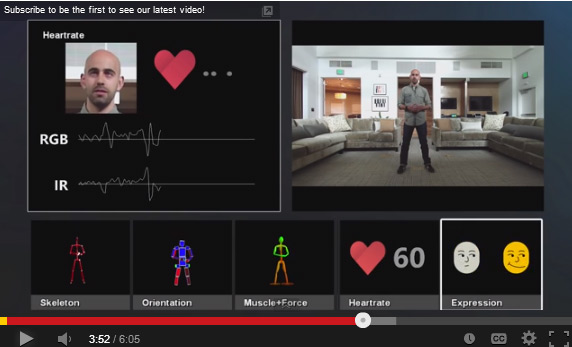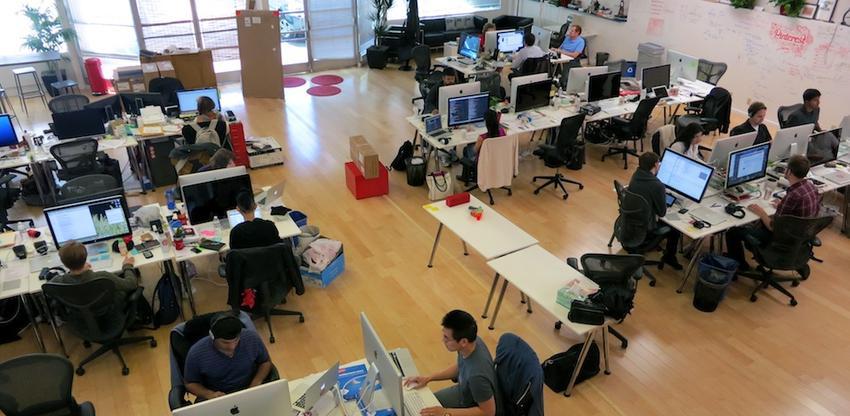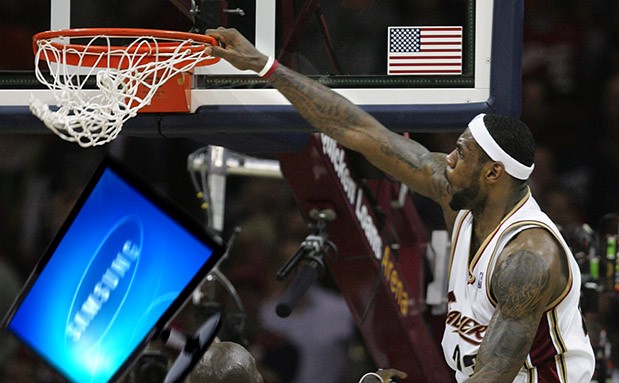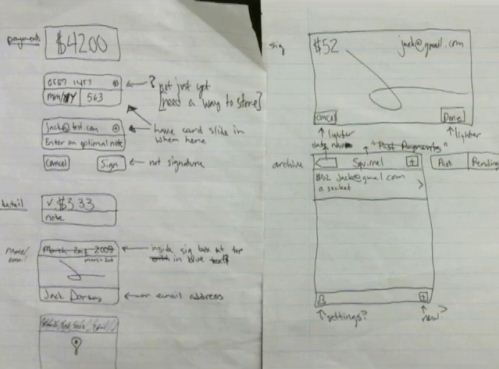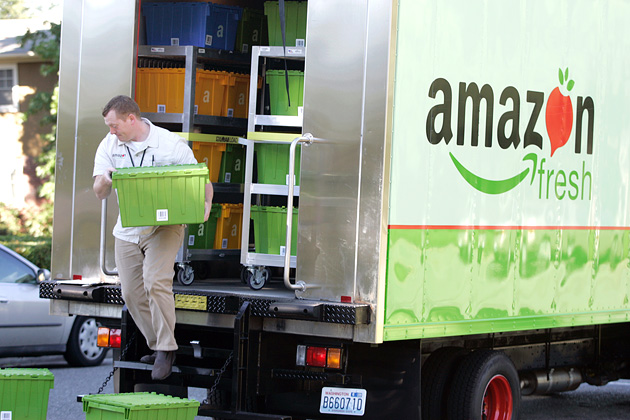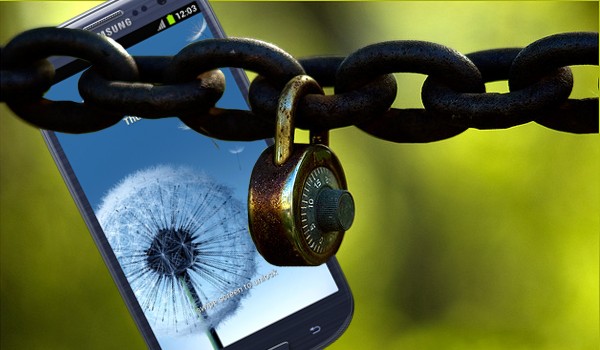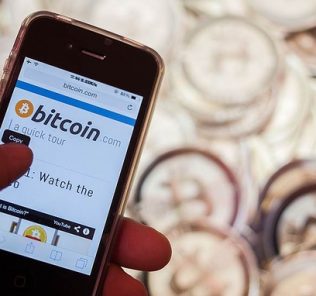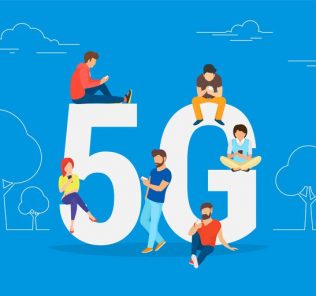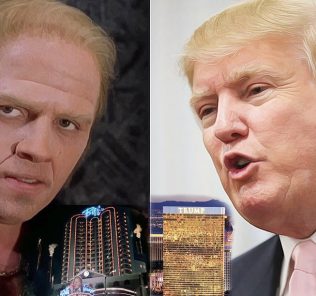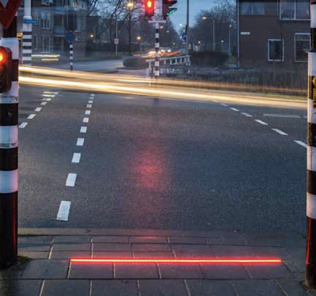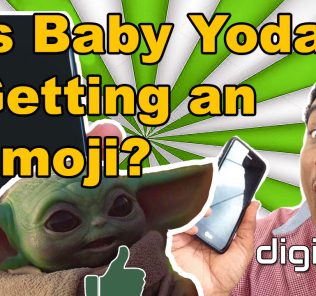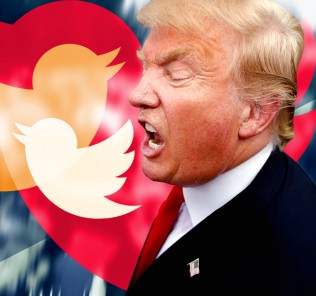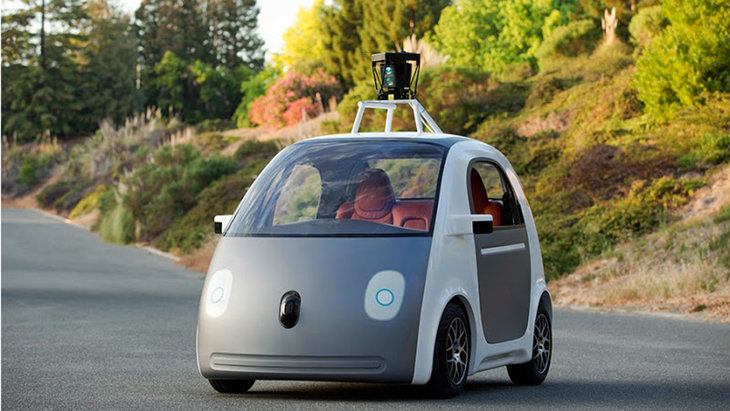Unlocking Cellphones Becomes Illegal Yesterday in the U.S…Take Action
As of yesterday, it is now illegal for you to unlock your phone without permission from your wireless carrier.
The rule change dates back to an October decisionfrom the Library of Congress’s Copyright Office, which gave consumers a 90-day window to unlock their phones without carrier permission. That 90-day period, however, ends this weekend.
The Copyright Office reviews the rules on unlocking (and jailbreaking) every three years, as required by the Digital Millennium Copyright Act (DMCA). This time around, regulators found that “there are ample alternatives to circumvention. That is, the marketplace has evolved such that there is now a wide array of unlocked phone options available to consumers.”
Some groups, however, had requested an exemption that would allow people to unlock their phones at will “because some devices sold by carriers are permanently locked and because unlocking policies contain restrictions and may not apply to all of a carrier’s devices.”
The Copyright Office, however, determined that “with respect to newly purchased phones, proponents had not satisfied their burden of showing adverse effects related to a technological protection measure.”
That’s likely because there are currently a variety of options when it comes to unlocking your phone. Verizon CDMA phones, for example, have unlocked SIM card slots. The 4G LTE Verizon iPhone 5 also includes an unlocked SIM. Last year, AT&T started allowingnon-contract iPhone users to unlock their devices for use on other GSM networks. You can also opt to buy unlocked phones for a higher price.
Still, the Copyright Office recognized that it’s not as easy to unlock an older phone as it is a newer one – “in part because an older or expired contract might not require the carrier to cooperate.”
As a result, regulators gave consumers that 90-day window, starting Oct. 28, to unlock their phone without carrier permission. The move “is both warranted and unlikely to harm the market,” the office concluded.
The unlocking issue differs from jailbreaking. In its same October ruling, regulators upheld rules that allow for jailbreaking, which allows you to run unapproved applications. Jailbreaking is most often mentioned in conjunction with the iPhone because Apple has strict control over which apps it allows into its App Store. If you jailbreak your device, you could run an app not available in the App Store on your iPhone, but the very act of jailbreaking voids your warranty, so you better know what you’re doing.
The Copyright Office, however, declined to extend its jailbreaking rules to tablets because it found that the proposed definition of the device was too broad.
Sign the Petition Below to Get This Reversed
Update: Entreprenuer Sina Khanifar has started a White House petition that asks the LOC to reverse its decision and support a bill that makes unlocking illegal. “Consumers will be forced to pay exorbitant roaming fees to make calls while traveling abroad. It reduces consumer choice, and decreases the resale value of devices that consumers have paid for in full,” he wrote. The petition currently has just shy of 7,000 signatures. Under the White House’s new rules, it will need to gather another 93,000 signatures by Feb. 23 in order to receive a formal response from the White House.
https://petitions.whitehouse.gov/petition/make-unlocking-cell-phones-legal/1g9KhZG7



